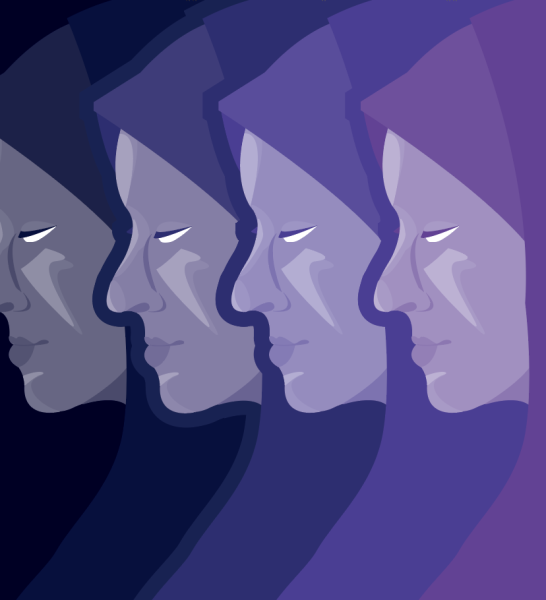No, You Cannot Fix Him
The Romanticization of Serial Killers is Vile

Following the release of Netflix’s series “Dahmer,” a drama series centered around the crimes of serial killer Jeffery Dahmer, a number of people took to social media discussing how they felt.
Some said the series didn’t affect them, thinking it could have been more gruesome or how they could no longer see Dahmer as a monster. Some even went as far as to say they find him attractive.
I think there is value in true crime and discussing and analyzing it, but that value stops the second you start treating people’s lives as if they were fictional characters instead of human beings.
The internet finding ways to worship prolific serial killers and other vile people, unfortunately, is nothing new. Within every community of people, there are bound to be a few that are less than savory, regrettably these people often seem to develop a reputation.
One example was the true crime community heavily centralized on Tumblr. While, for the most part, it was just individuals who enjoyed researching cases and happened to have a morbid interest, they all the while recognized just how disgusting the people committing these crimes were.
But, there were also those who, instead of recognizing how awful these actions were, decided that their fascination would take on a different form — romanticization.
From claiming these killers were just misunderstood to making earrings of someone who stole other’s lives, the spectrum of how far people are willing to take their fantasy version of real-life criminals was broad — most of it more disgusting than the last thing you saw.
It is important to acknowledge that at the height of the first big boom of people romanticizing serial killers on the internet, a lot of the people were children who fell into the wrong crowd and were young enough not to know any better, most likely now left with a stain on their past they’re not proud of.
But at the same time, it is also important to acknowledge that it was adults who were running these communities, and it is a good chunk of adults making these comments now.
Back to “Dahmer.”
Most of the people saying they felt the series was not gruesome enough are straight white women. The reason this is even significant is because of who Dahmer’s primary demographic for victims was: queer men of color.
You can brag all you want when you watch some horror movie in theaters and don’t flinch but not when you watch a retelling of the brutal end of real people’s lives. You don’t understand the anger of the people who this really affects. I will never be able to fully grasp it — not the victim’s anger, not the families’ anger, not the queer people of color’s anger.
To those who follow this series by no longer seeing Dahmer as a monster, I suppose you’re right — he isn’t a monster — he’s just a man, but he is a man who did things worse than any monster could even fathom.
Nature vs. nurture is of course an argument made in all sorts of situations, and you can argue a traumatic childhood is what turned him into what he was. But you lose all my sympathy when you inflict that same pain — or worse — on others.
Two things can coexist.
What happened to someone can be terrible and wrong, and they can still be a loathsome person.
For all the people who find Evan Peters attractive, I don’t care. The problem lies in that all the roles you could’ve picked to tell people you find him “so attractive” in, it’s this one. It’s the one where he plays a real person who hurt real people, not some fake killer on “American Horror Story.” You don’t forget that just because an actor you happen to like is playing them.
This isn’t just some drama series, no matter how you try to frame it. It was a violation of families who were re-traumatized after its release when they weren’t even told it was happening. This was a real story framed too similarly to a work of fiction, given to people, many of whom were too young to understand the pain caused by Dahmer, and some old enough that just can’t find it in the goodness of their hearts to care.
Steven Hicks, 18; Steven Tuomi, 24; Jamie Doxtator, 14; Richard Guerrero, 25; Anthony Sears, 26;
Raymond Smith, 33; Edward W. Smith, 28; Ernest Miller, 22; David C. Thomas, 23; Curtis Straughter, 18; Errol Lindsey, 19; Anthony “Tony” Hughes, 31; Konerak Sinthasmphone, 14; Matt Turner, 20; Jeremiah Weinberger, 23; Oliver Lacy, 23; and Joseph Bradehoft, 25.
Before you talk about Dahmer, remember this was their story too.

Harris Jones is a senior and the assistant editor, aka “the guy,” on staff this year. Outside of Newspaper, Harris is a library aide, a member of Quill...






